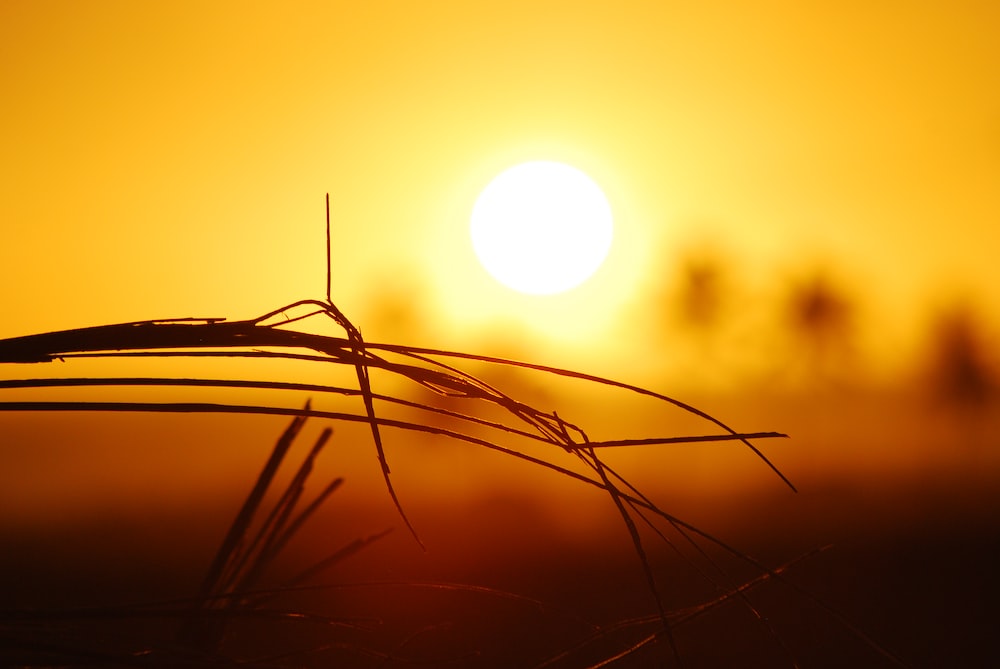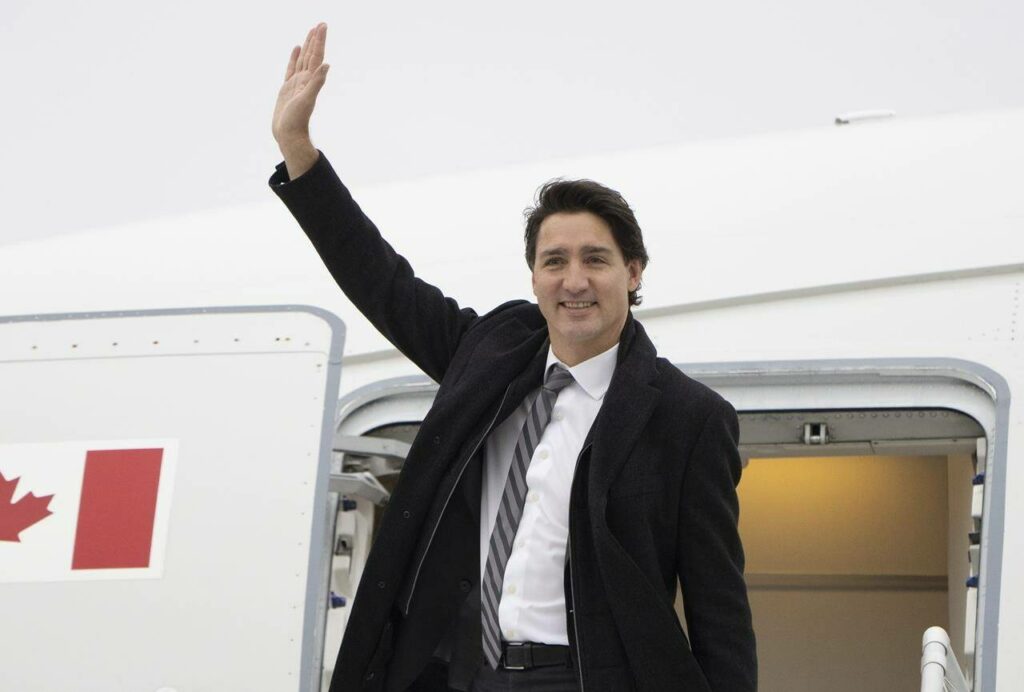If you’re feeling worn down by 10 newspaper pages of coronavirus coverage every day and three Wednesday Wakeup items a week on the same topic, we have some good news and some bad news. The good news is that a massive media project has been launched to talk about something else. The bad news is that they want non-stop discussion of climate change instead. Amazingly some people think journalists have not been talking enough about it lately. Last year seems so long ago. As does February.
Unsurprisingly, “Covering Climate Now” has the support of the great and the good in the world of journalism. It was co-founded by the Columbia Journalism Review and hundreds of outlets have signed up including Reuters and Bloomberg News. And why not, since they long ago chucked that silly old idea that media should cover the news in favour of the far more exciting prospect of making it?
As we have noted, many activists are making the PR as well as intellectual mistake of saying that COVID-19 just looks major, whereas climate change is the real deal and your silly old job is not important. And CCN has fallen onto this wagon. Project cofounder Mark Hertsgaard, whose credentials include being “environment correspondent for The Nation”, so pretty much the mainstream of the far left here, explains that while people’s concern about the pandemic “is understandable given the scope of the COVID-19 threat, it is bizarre that the climate crisis has never been accorded comparable importance, even though it too stands to upend, impoverish, and even end the lives of countless people the world over.”
Try to follow us here, sir. The “climate crisis” is hypothetically going to upend, impoverish and slaughter countless people decades from now only if a very long chain of hypothetical and improbable worst-case links takes place despite coming from people whose record of climate-related predictions thus far is lousy. If the hypothetical chain of less improbable projections come true the problems will be slow and manageable. And if the model outcomes bearing any resemblance to reality come true the net costs will be too small to notice. The coronavirus meanwhile is killing people now and devastating economies. There’s nothing bizarre about the latter getting more attention. It’s like how World War II dominated newspaper pages to the virtual exclusion of global cooling in the 1940s.
In a high-octane screed in the Columbia Journalism Review, Hertsgaard writes with self-important relativism that “Collectively, the media exercises perhaps the greatest power there is in politics: the power to define reality, to say what is—and what is not—important at any given time.” Normally this sort of vision of what one might call manufacturing consent comes from paranoid postmoderns who think the media are against them and serve the powerful. But Hertsgaard is treating it as a feature not a bug.
If so, it’s a pretty buggy feature. The media may be defining reality as dominated by the climate crisis. But as he’s sourly aware, normal people insist on fussing instead about some silly disease.



Climate change and Caronavirus have one thing in common. Their modellers and projections are equally accurate.
Suddenly there is nothing else happening in the world? What happened to volcanoes, storms, politics?
(1) Carbon dioxide's "greenhouse" effects in the atmosphere are trivial. Water vapour is by far the dominant atmospheric gas affecting temperatures (but that can't be taxed or demonised). (2) Carbon dioxide's effects are logarithmic, and its effects for all practical purposes reached "saturation" a long time ago, at a much lower concentration. (3) The only visible effect of increasing atmospheric CO2 is in the greening of the planet, very obvious in recent satellite photos. You'd think the green loonies would be happy about that, but they just moan that "Rising sea levels will drown all those new trees anyway". They ignore sea level expert Professor Nils-Axel Mörner and many others because they dare to disagree with the Climate Change Religion.